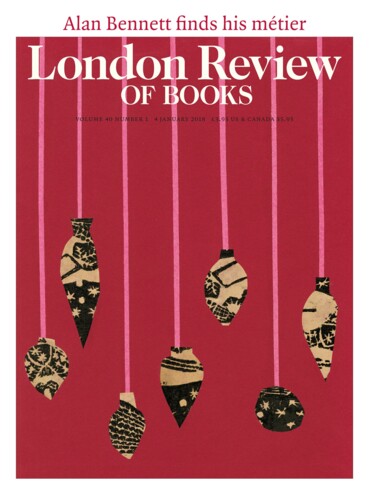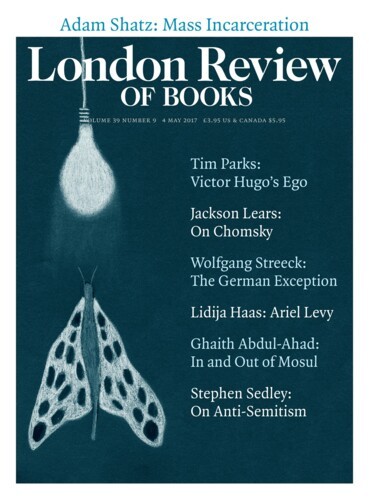The anti-Russian hysteria in Washington has slipped beyond self-parody. We now have front-row seats in a theatre of the absurd, watching the media furor explode after Robert Mueller’s ‘indictments’ of 13 Russians and three Russian companies for interfering in the 2016 presidential elections. Mueller’s actions deserve the scare quotes because they are not really indictments at all. The accused parties will never be extradited or brought to trial. Nor is it clear that their actions rise to the level of crimes. The supposed indictments are merely dramatic accusations, a giant publicity stunt.
Jackson Lears
Jackson Lears is the Board of Governors Distinguished Professor of History at Rutgers University and editor-in-chief of Raritan. His most recent books are Animal Spirits: The American Pursuit of Vitality from Camp Meeting to Wall Street and Conjurors, Cranks, Provincials and Antediluvians.
Trump and the Russians
4 January 2018
What We Don’t Talk about When We Talk about Russian Hacking: #Russiagate
Jackson Lears, 4 January 2018
We can gauge the corrosive impact of the Democrats’ fixation on Russia by asking what they aren’t talking about when they talk about Russian hacking. For a start, they aren’t talking about interference of other sorts in the election, such as the Republican Party’s many means of disenfranchising minority voters. Nor are they talking about the trillion dollar defence budget that pre-empts the possibility of single-payer healthcare and other urgently needed social programmes; nor about the modernisation of the American nuclear arsenal, which raises the risk of the ultimate environmental calamity, nuclear war.
Chomsky says
3 May 2017
Mysterian: On Chomsky
Jackson Lears, 4 May 2017
In 1971, Noam Chomsky and Michel Foucault faced off on Dutch television, or at least that’s what their host, Fons Elders, kept prodding them to do. They were discussing the idea of human nature, and though Elders knew they shared a left libertarian politics, he assumed they would have philosophical disagreements, that Chomsky would defend the idea of an essential human nature, rooted...
Podcasts & Videos
Ronald Reagan’s Make-Believe
Jackson Lears and Thomas Jones
Ronald Reagan, as Jackson Lears wrote recently in the LRB, was a ‘telegenic demagogue’ whose ‘emotional appeal was built on white people’s racism’. His presidency left the United States a far...
Read anywhere with the London Review of Books app, available now from the App Store for Apple devices, Google Play for Android devices and Amazon for your Kindle Fire.
Sign up to our newsletter
For highlights from the latest issue, our archive and the blog, as well as news, events and exclusive promotions.



